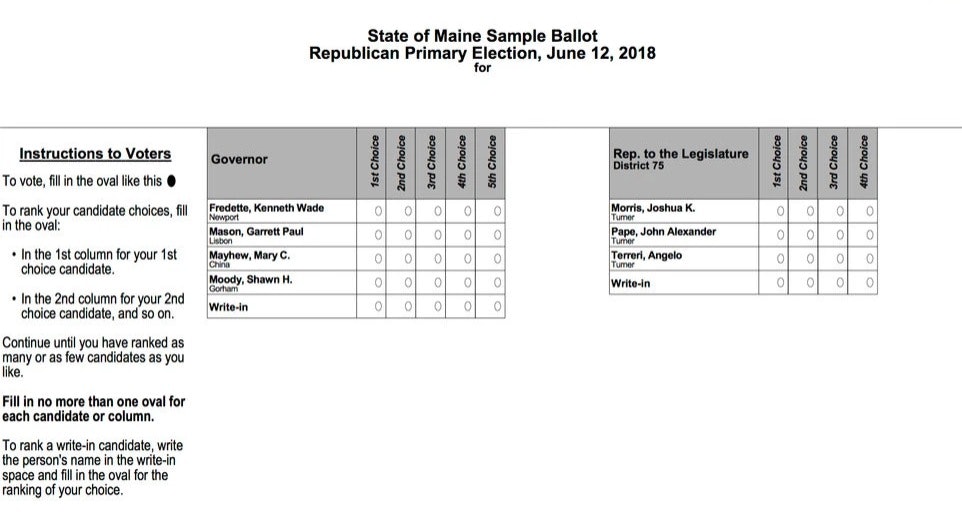John Deeth posted a good summary of bills on the election process that the Iowa legislature may consider this year. I agree with Deeth that teenagers who will be 18 by election day should be able to register at any point during the calendar year of the election, and that Iowa should keep its late poll closing time (9 pm).
Unfortunately, no one appears willing to step up and lead on the Voter-Owned Iowa Clean Elections (VOICE) act, which would create a voluntary public-financing system for state elections. It’s worked very well, commanding bipartisan support, in states like Arizona and Maine.
Our Democratic leaders in Iowa seem to enjoy the current system, where special interests flood the capitol with money and individuals can give as much as they want to incumbents.
This is one reason why I’ve been saying no to all solicitations for the Iowa House and Senate Democrats’ funds. I will give to individual legislators and candidates who share my priorities–not to a fund that increases the power of leaders standing in the way of change.
I note with amusement that some legislators would have us believe it’s important to prevent candidates and their spouses from receiving a salary from campaign funds. No one who follows politics can credibly argue that this is the biggest ethical issue related to campaign finance.
I agree with the Des Moines Register’s editorial board, which wrote of last year’s attempt to close the “Fallon loophole,”
A thistle to Democratic legislators who would bar candidates from drawing a salary from campaign donors. This bill (aimed at Ed Fallon, who is challenging Leonard Boswell) is an Incumbent Protection Act. Challengers who give up day jobs to run for office must fend for themselves or be independently wealthy. Meanwhile, the taxpayers support or subsidize incumbents. If contributors want to spend their own money for the care and feeding of a candidate, it is no business of the Iowa Legislature.
I wonder how many of the legislators backing this bill have a problem with Joe Biden, who has employed his sister Valerie Biden Owens to manage all of his Senate and presidential campaigns.
The legalized corruption in our political system has nothing to do with a handful of candidates drawing salaries and everything to do with the excessive influence of wealthy individuals and corporate interests.
Share your suggestions for improving Iowa’s election law in this thread.
Continue Reading...

